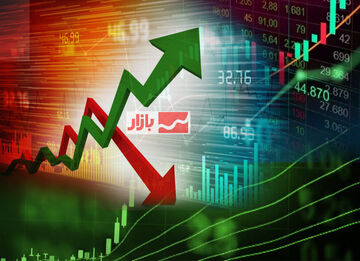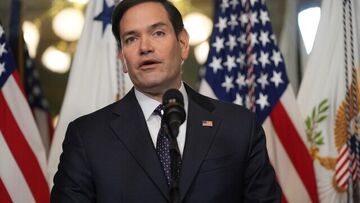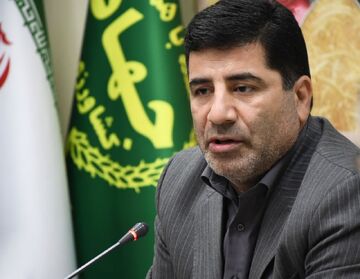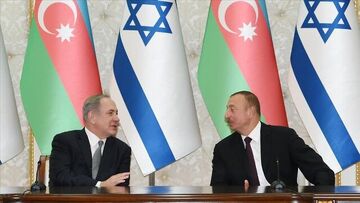TEHRAN (Bazaar) –Nader Entessar, Professor Emeritus of Political Science from university of South Alabama says that only a limited number of Russian banks are participants in SPFS.
He also says “Without the expansion of SPFS and the participation of a critical number of foreign banks and financial institutions, SPFS will not be able to act as a counterweight to Swift.”
“If the United States imposes widespread sanctions on European energy imports from Russia, Europe will suffer more than Russia in the short- to medium-terms,” Entessar told Bazaar.
Following is the full text of the Bazaar interview with Professor Entessar:
Bazaar: What are the economic consequences of the Ukraine crisis for Russia and Europe? Will Europe not face the problem of energy imports?
Entessar: We are in the early stages of this unfolding crisis and the situation remains very fluid. Therefore, we cannot offer a solid prognosis for the long-term implications of the crisis in Ukraine for Russia and Europe. What is clear at this time is that there will be negative consequences for Europe's energy imports. We are already witnessing both spot shortages and rising energy costs throughout much of Europe.
Bazaar: Following the Russian invasion of Ukraine, the United States announced the possibility of Russia cutting ties with Swift. What effect will the severance of Russia from Swift have on Russia's foreign trade and to what extent will it affect its economy?
Entessar: It depends on the extent to which Russia will proceed to sever its ties with Swift. Russia's foreign trade finances are tied to the country's participation in Swift. If Russia cuts its ties with Swift completely, there will be disruptions in Russia's foreign trade patterns, and these disruptions will have negative consequences for Russia's economy for some time.
Bazaar: Europe imports energy from Russia. Russia's disconnection with Swift will make it difficult for European countries to import fuel from Russia. In such a case, is it possible that the United States will not impose sanctions on European energy imports from Russia?
Entessar: If the United States imposes widespread sanctions on European energy imports from Russia, Europe will suffer more than Russia in the short- to medium-terms. At this time, it doesn't seem very likely that Washington will impose blanket sanctions on Russia's energy exports to Europe. If Russia indeed leaves Swift, European countries that import energy from Russia will find an alternative way to continue their energy deals with Russia.
Bazaar: Russia has established the System for transfer of financial messages (SPFS), a Swift-independent financial system since 2015. There are about 20 Russian banks operating in the SPFS, and it seems that the presence of foreign banks in it is also needed at the moment. Can this system smooth Russia's foreign trade?
Entessar: As you have pointed out, only a limited number of Russian banks are participants in SPFS. Without the expansion of SPFS and the participation of a critical number of foreign banks and financial institutions, SPFS will not be able to act as a counterweight to Swift.
Bazaar: Germany has good economic relations with Russia and opposes extensive sanctions against Russia. Does Europe have a consensus on sanctions against Russia?
Entessar: In practical terms, there won't be a European consensus on extensive sanctions on Russia. Although some circles in Washington still want to revive the Cold War, many European countries are well aware of the fact that the Cold War is over, and today's world is vastly different from the bipolar constellation of forces in the Cold War era.















نظر شما